 Wakarusa Music Festival
Wakarusa Music Festival
Entry Category: Music - Starting with W
 Wakarusa Music Festival
Wakarusa Music Festival
Wakely, James Clarence (Jimmy)
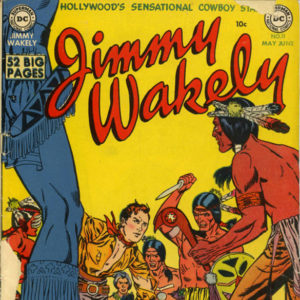 Jimmy Wakely Comic
Jimmy Wakely Comic
Warfield, William Caesar
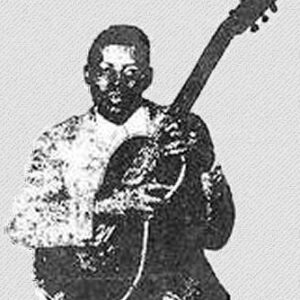 Casey Bill Weldon
Casey Bill Weldon
Weldon, Casey Bill
 White Water Tavern
White Water Tavern
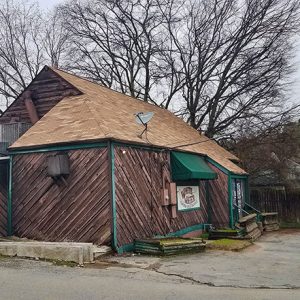 White Water Tavern
White Water Tavern
White Water Tavern
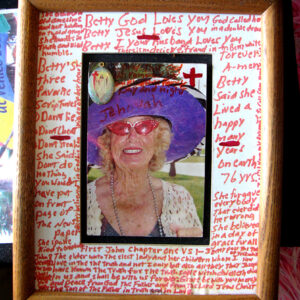 Betty White Memorial
Betty White Memorial
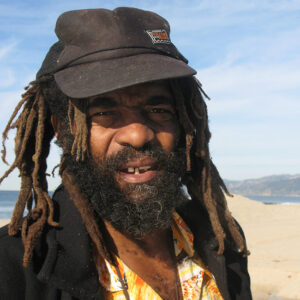 Elton White
Elton White
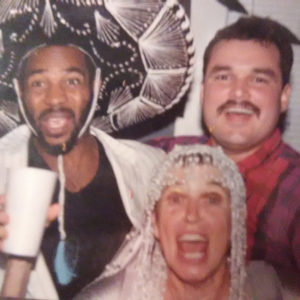 Elton and Betty White
Elton and Betty White
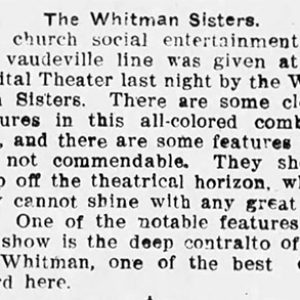 Whitman Sisters Article
Whitman Sisters Article
Whitman, Essie Barbara
Wilburn Brothers
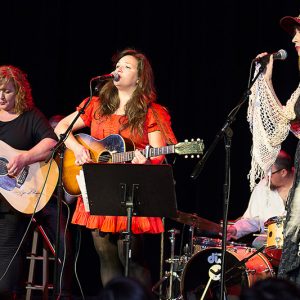 The Wildflowers
The Wildflowers
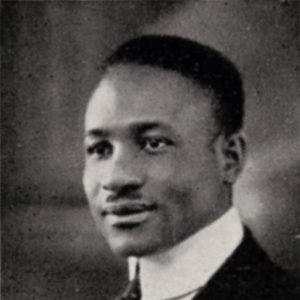 "Ink" Williams
"Ink" Williams
Williams, Harold Gene
Williams, J. Mayo “Ink”
Williams, J. Paul
Williams, Jason Donald
Williams, Lenny
Williams, Lucinda
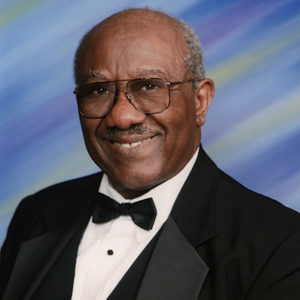 Sterling Williams
Sterling Williams




